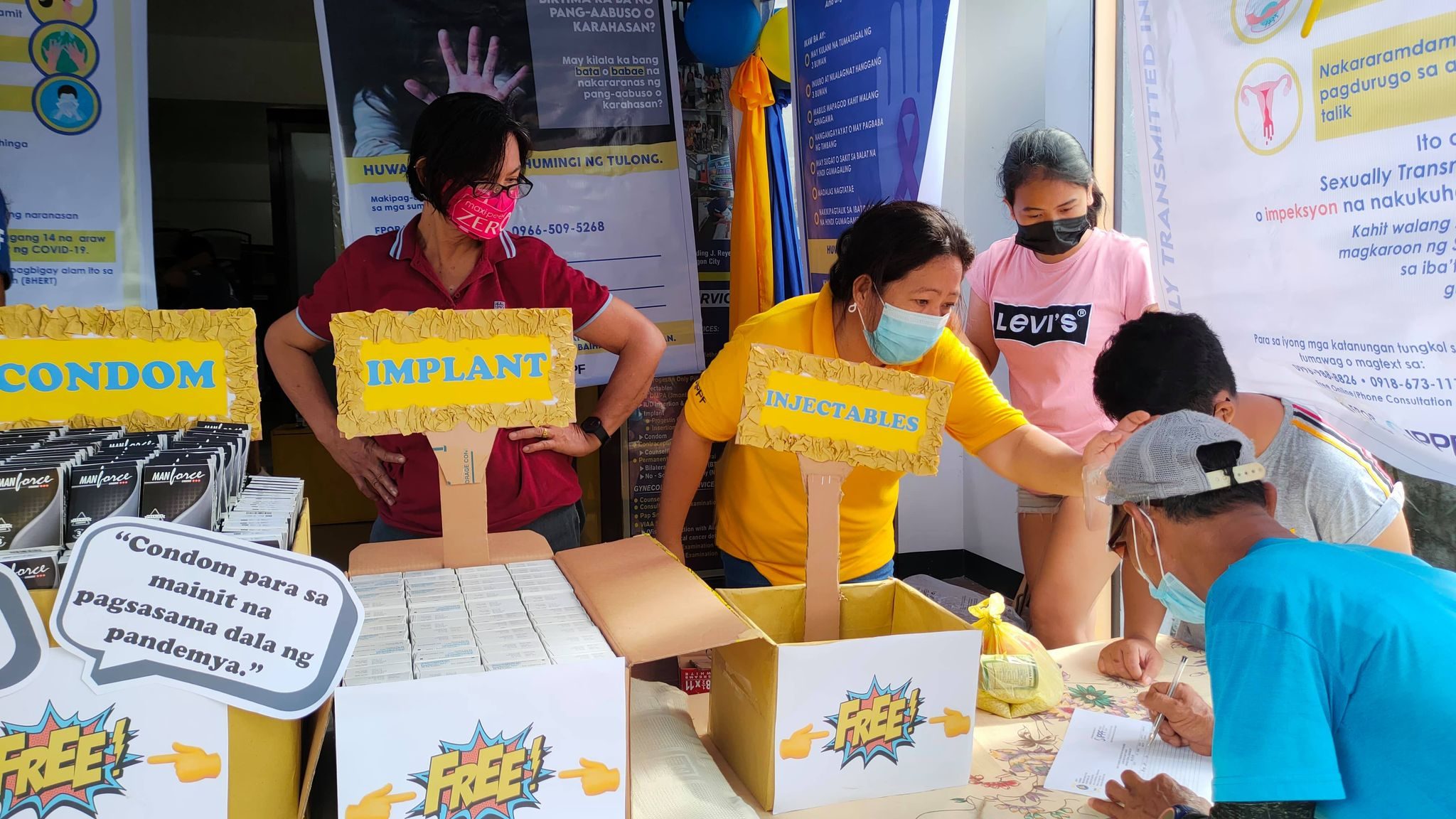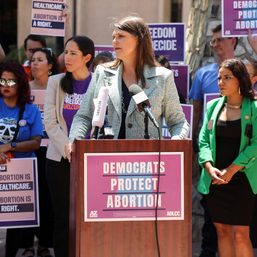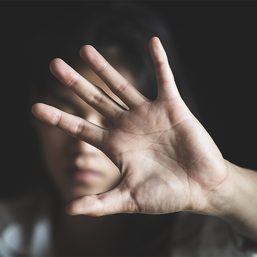SUMMARY
This is AI generated summarization, which may have errors. For context, always refer to the full article.

In the Philippines, not every woman is able to exercise her right to make decisions for her own body.
This right, called “bodily autonomy,” pertains to a woman’s health, but it also intersects with her other freedoms in relationships and economic decisions.
While there are some policies in place which are meant to support a Filipino woman’s bodily autonomy and sexual and reproductive health rights (SRHR), the situation on the ground tells a different story.
On Friday, May 28, the world commemorates the International Day of Action for Women’s Health.
Here’s what you need to know about bodily autonomy, and how much Filipino women get to enjoy it in the country.
What is bodily autonomy?
According to the 2021 State of World Population (SoWP) report from the United Nations Population Fund (UNFPA), bodily autonomy is used by advocates, activists, and human rights experts to refer to issues surrounding, but not limited to:
- Sexuality
- Health
- Reproductive rights
- Sex work
- Abortion
Some factors affecting women’s decision-making powers include sexuality education, health experiences, gender norms, stigma, beliefs, costs of services, proximity of health systems, wealth, media access, and living in rural or urban areas.
Girls, women unaware of their rights
The United Nations uses an indicator called 5.6.1 to measure progress towards achieving target 5.6 – SRHR for all – under the Sustainable Development Goals. Goal No. 5 pertains to gender equality and empowerment of all women and girls.
Indicator 5.6.1 has three dimensions, covering women aged 15 to 49: the power to say no to sex, the power to decide on using contraceptives, and the power to decide on healthcare.
The 2021 SoWP found women in the Philippines, East Asia, and Southeast Asia have more bodily autonomy compared with their South Asian neighbors, but the gap remains notable.
In the Philippines, 12% of women do not have the power to say no to sex. Meanwhile, 6% cannot make their own decisions on using contraceptives, while 3% feel they cannot make health care choices, the UNFPA found as of 2018.
Eighty-one percent of women in the Philippines say they can make decisions on all three aspects of 5.6.1.
Around the world, only 55% of women have the power to make their own decisions about their bodies.
According to the UNFPA, the taboo on sex, patriarchal systems, and power dynamics in relationships are some reasons why some women cannot refuse sex. Other times, girls and women are unaware they have the right to say no, because sex is seen as a marital duty.
Policies supporting reproductive rights
The UN uses another indicator – 5.6.2 – to assess laws and policies that guarantee access to SRHR for men and women aged 15 and older. The indicator tracks if a country has policies that support maternity care, contraception and family planning, sexuality education, and sexual health (like services for sexually transmitted infections).
The Philippines has a 75% value for 5.6.2, and it fares better than some countries in Africa and South America. However, the Philippines places on the lower end among Southeast Asian countries included in the SoWP’s data.
Here’s how the Philippines compares to other Southeast Asian countries:
Policies do not jibe with each other
While the 75% figure for “supportive” SRHR policies seems adequate, the stories on bodily autonomy in the Philippines remain bleak.
For instance, issues surrounding sex work and prostitution involve raging debates, even among the feminist community. In the eyes of the law, sex workers are both criminals and victims.
The Philippines also has one of the lowest ages of sexual consent in the world – 12 years old. Lawmakers are looking to raise the age to 16.
But even the Philippines’ policies do not jibe with each other. An adult can sexually abuse a 12-year-old and claim the child consented, but minors cannot access contraception without their parents’ consent, according to the reproductive health (RH) law.
The Philippines has a 100% value for sex education policies in the 5.6.2 indicator, likely because the RH law mandates comprehensive sexuality education. However, experts think quality sex education has not been rolled out uniformly across the country.
Meanwhile, child marriage continues to thrive, especially in Muslim communities in Mindanao. From 2005 to 2019, the UN found 17% of children are married by age 18 in the Philippines. (READ: Too young to marry)
Advocates are also still working in the long, hard battle to decriminalize induced abortion in the Philippines.
In the Philippines, a male rapist can also get away with rape if he marries the victim, based on the country’s anti-rape law and the 90-year-old Revised Penal Code.
While the House of Representatives passed in December 2020 a bill repealing the “cure by marriage” policy, the Senate’s counterpart bill remains pending at the committee level.
Men need a shift in attitude
According to the SoWP, there is a strong need to push for SRHR education for women, especially victims of abuse. Health professionals must also communicate with patients without judgment.
The laws and policies in place must also enable and support women’s rights, instead of constrain them.
The UNFPA also highlighted the need for the shift in men’s attitudes.
“Women can claim their rights. States can uphold them. Yet progress fundamentally depends on men, individually and collectively, being willing to step away from dominating roles that privilege their power and choices at the expense of women’s power and choices,” the UNFPA wrote in the SoWP.
While there is progress especially in “younger men,” the UNFPA said there is still a long way to go. – Rappler.com
Add a comment
How does this make you feel?





![[Dash of SAS] Making abortion a constitutional right](https://www.rappler.com/tachyon/2024/03/Its_true_-_Flickr_-_Josh_Parrish-1.jpg?resize=257%2C257&crop=125px%2C0px%2C768px%2C768px)


![[WATCH] Spoil me but respect me: A sugar baby’s story](https://www.rappler.com/tachyon/2024/03/titlecard-03.jpg?resize=257%2C257&crop_strategy=attention)

There are no comments yet. Add your comment to start the conversation.